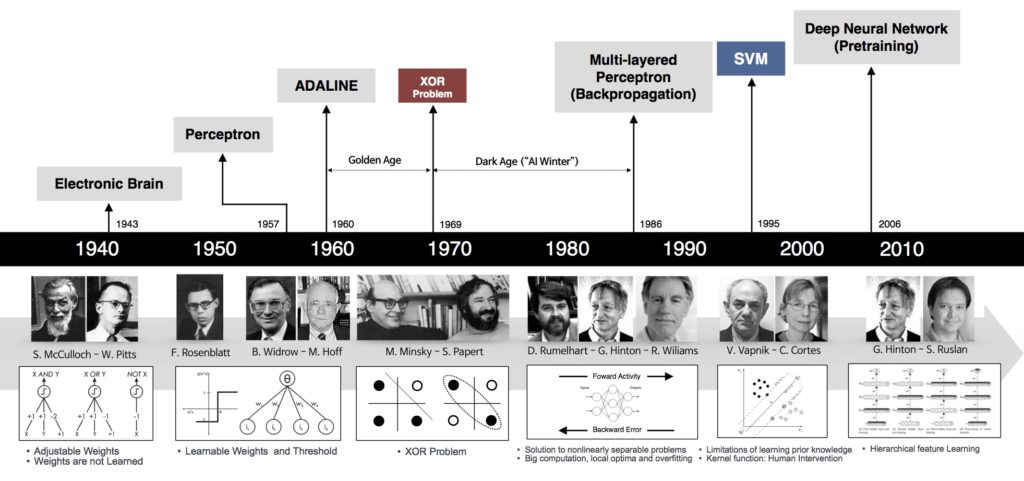 Author: Daniel Yergin
Author: Daniel Yergin
Rating: 




Throughout the human history, energy discovery and access has been a major source of human progress and conflict. Oil, because of its high energy density and relatively low cost of extraction, has been the object of competition among various countries. And the extremely uneven distribution of oil around the world has also made it an important factor influencing geopolitics. Daniel Yergin is global energy expert. His 2011 book, “The Price”, hailed as “the best history of oil ever written”, won him a Pulitzer Prize for his work.
The author begins the book with the “shale revolution” happened in the United States about a decade ago. because of the discovery of new oil fields on the North American continent and breakthroughs in technology that have dramatically reduced the cost of shale extraction, The United States has surpassed Russia and Saudi Arabia and become the number one producer of oil in the world. The reduced dependence on foreign oil has invariably increased the U.S.’s options and power on the global issues. Other key oil-producing regions of Russia, the Middle East and China have different histories and strategic choices in the formation of the new map. Readers can learn about the ins and outs of environmental groups’ opposition to the Keystone oil pipeline; Russia’s complex territorial border dispute with Ukraine and the relationship between energy supply; Europe’s conflict with the United States over the Russian pipeline; the competition and cooperation between OPEC and non-OPEC organizations when energy crises occur; the role of small countries like Kuwait and Bahrain in the geopolitics of the Middle East; and and the profound connection between China’s Belt and Road Initiative and national economic security. If the reader is very familiar with international politics, he or she may find that this book does not present any new and profound ideas; otherwise, this book connects many separate events from the perspective of oil to help the reader understand the history of oil-related technological and economic developments over the decades, as well as the geopolitical landscape of countries on energy and national security issues.
The use of renewable energy sources is a new prospect in the energy landscape. Wind and solar energy have become an important part of the energy supply, but because of the low energy density and the high cost of storage and transportation, without government subsidies, renewable energy is not yet widely accepted because of the high price. The author then shifts his topics from electric vehicles to artificial intelligence, which I think it loses focus and is unnecessary.












